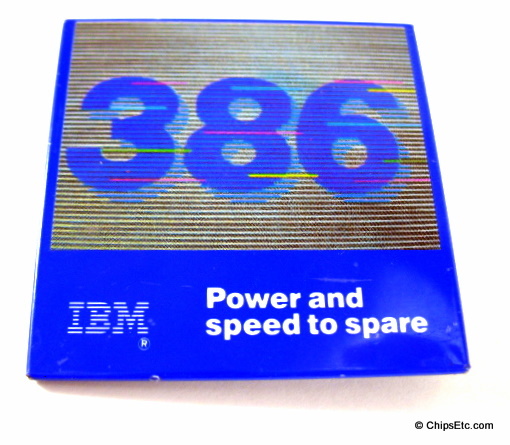Waaaay back in 1985 I recall hearing about this new detective show starring the late Robert Urich and based on novels by the then -to me- unknown author Robert B. Parker. It was called Spenser: For Hire.
Back then I watched the show on and off, liking it but not really loving it. It was a rather standard detective series but it did feature one thing that, admittedly, made it stand out more than it likely would have: The presence of Avery Brooks as the enigmatic, scene stealing tough guy Hawk.
As with the novel version, Hawk was presented as a dangerous man you simply don’t mess with. Avery Brooks took the role and ran with it, positively relishing his every scene and delivering dialogue that was filled with as much menace as, at times, mirth. Robert Urich, for his part, played the “straight” man and to his credit, held his own when opposite the far more flamboyant Hawk. The show lasted a mere three years before being cancelled (a surprise move, apparently). Before it was done it spawned the A Man Called Hawk TV series which I never saw but heard changed the character to be a “softer” troubleshooter (Avery Brooks would go on to land the protagonist role in the Star Trek spinoff Deep Space 9).
After Spenser: For Hire’s cancellation, the studios released four TV movies featuring Mr. Urich and Brooks reprising their roles but featuring different actresses playing the role of Sarah Silverman, Spenser’s lover. For the movies the Boston locale, central to the Spenser stories, was moved to the far more economical Toronto, though I don’t know if the show’s creators attempted to pass Toronto off as Boston (I think they did).
Anyway, long after the show and its sequel movies and spin offs were gone, I found Spenser: For Hire Season 1 on sale via Amazon for a reasonable price and decided to check the show out again.
What I found was interesting, in a time warp kind of way.
Now, I haven’t seen the entire first season yet, but I did watch the pilot and the first two episodes, all of which take up the first DVD disc.
The pilot, “Promised Land“, was an adaptation of Robert B. Parker’s fourth Spenser novel which featured the first appearance of the character of Hawk. While I haven’t read the novel, it was a wise choice for a pilot episode as we are introduced to the three principle characters and, nicely, aren’t quite sure where Hawk’s loyalties lie.
However, of the three Spenser episodes I saw, this was the least of them as it featured some at times very torturous dialogue (What works on the novel page doesn’t always work when said out loud) and some curious 80’s style filmmaking. It was the later that amused me. I started to count the times a character said something “deep” and then the camera slooooowly zoomed into their face.
The mystery itself, involving a runaway wife who, Spenser later finds, is involved in a radical group of two (count ’em two) terrorist women doesn’t seem like such a big thing. Further, I’m certain in the novel Hawk’s evolution was better presented. In the pilot Spenser decides for no apparent reason (again, based on what’s in the pilot) to tip Hawk off on a bust, thus ensuring he will get away, and Hawk subsequently becomes his “partner”, of sorts, because of this.
“No Room At The Inn“, the very first actual Spenser episode, winds up being a Bullitt homage (calling it a ripoff seems too cruel…and yet). Spenser is hired to protect a witness against the mob and, in true Bullitt fashion, things aren’t quite what they seem. Yes, the plot is lifted almost whole from Bullitt, yet the episode was breezy enough to enjoy…provided you weren’t too hung up on the overly familiar plot.
The next episode, “The Choice” features a psychopathic young duo who get their kicks killing random people, but who are drawn to Spenser’s world when they realize they need to up their game. What’s most fascinating about that episode proves to be the first screen appearance of Patricia Clarkson, who would go on from here to have quite a career in film and TV. She plays one half of the psychopathic young duo and isn’t all that bad in her role. Interestingly, this episode also features early appearances by William H. Macy and Angela Bassett.
In sum, I enjoyed what I saw. True, my opinion of the series didn’t entirely change. I wound up liking what I saw but not really loving it. On the other hand, I didn’t feel like I was wasting my time. Speaking of which, if I should find the free time, I’ll give the other episodes a look-see.
Should be fun
Like this:
Like Loading...



